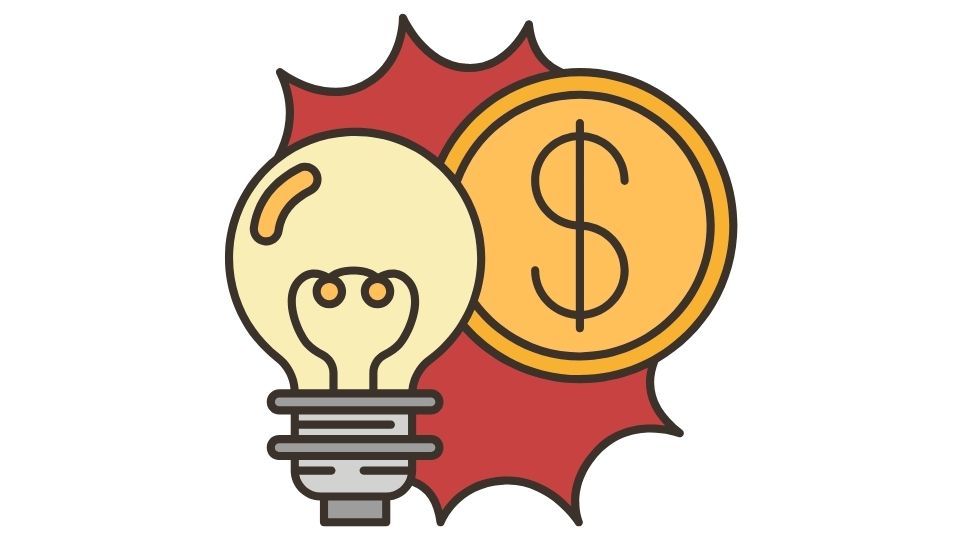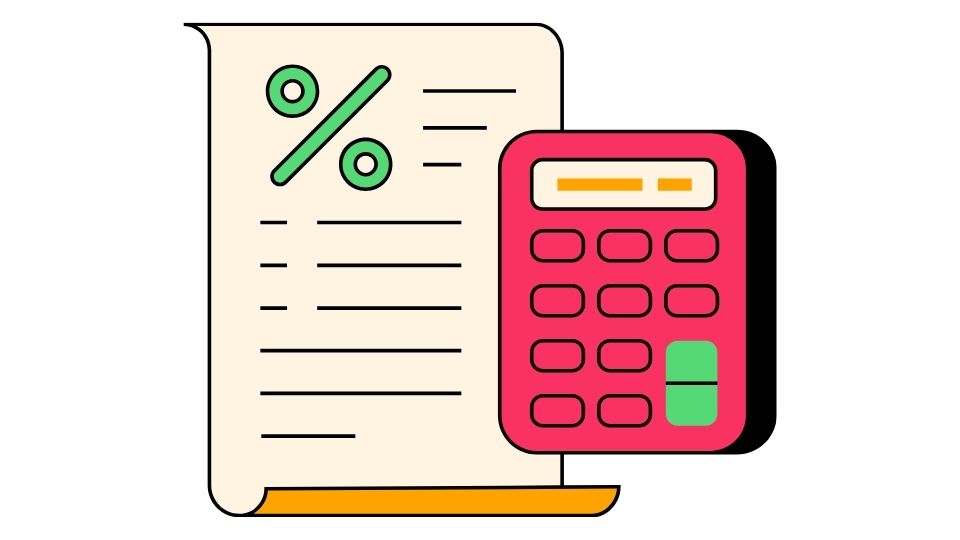Ever been in a meeting and someone throws out “I need this by COB today” and you’re left wondering if that means midnight, tomorrow morning, or some arbitrary time in between?
Let’s clear up this common business acronym once and for all.

What Does COB Mean in Business? (And Why It Matters)
If you’ve spent more than 5 minutes in a corporate environment, you’ve probably heard the term “COB” thrown around like confetti at a parade.
But what does it actually mean? And more importantly – when exactly is your stuff due?
COB = Close of Business

COB stands for Close of Business – it’s the business world’s way of saying “by the end of the workday.”
It typically means 5:00 PM in whatever time zone is relevant to your business (often Eastern Time in the US, since that’s where Wall Street and many headquarters are located).
Think of COB as the corporate equivalent of your mom saying “dinner’s at 6” – it’s a deadline that everyone understands, even if some people show up at 6:05.
The beauty of COB is its simplicity. Instead of saying “Please have this to me by 5:00 PM Eastern Standard Time on Wednesday,” you can just say “Please have this to me by COB Wednesday.”
When Exactly is COB?
Here’s where things get a little fuzzy. While COB generally means 5:00 PM, the exact time can vary based on:
- Your company’s official hours (some places close at 4:30, others at 6)
- Your industry (financial companies often use market closing times)
- Geographic location (different countries have different standard business hours)
If you’re working across time zones, things get even more complicated. That’s why good business communication always specifies which time zone you’re referring to when setting deadlines.
Business Days Only

Remember that COB only applies to business days – typically Monday through Friday in most industries.
So if someone says “I need this by COB,” and today is Friday, they don’t mean Sunday night. They mean by the end of business hours today (Friday).
COB vs. Other Similar Terms
The business world loves its acronyms, and COB has several close cousins:
- EOD (End of Day) – Often used interchangeably with COB, but can be more ambiguous. Does it mean end of the business day or end of the calendar day (midnight)?
- EOB (End of Business) – Pretty much identical to COB
- COP (Close of Play) – Primarily used in British English, same meaning as COB
The main difference is that COB specifically references business hours, while EOD could potentially be interpreted as midnight. When in doubt, just ask for clarification!
A survey by Slack found that poor communication costs companies an average of $62.4 million per year in lost productivity – so clarifying these terms is actually worth real money.
Why COB Matters in Business

Using a term like COB is actually pretty brilliant when you think about it:
- It creates clear expectations – everyone knows when the deadline is
- It’s efficient – three letters instead of spelling everything out
- It accounts for time zones (sort of) by referencing the close of business wherever you are
- It adds a touch of flexibility – if you finish at 5:15 instead of 5:00, it’s usually still considered meeting the deadline
According to research on workplace productivity, professionals waste an average of 2.1 hours per day on unnecessary or unclear communications – terms like COB help reduce this waste.
How to Use COB Correctly
If you want to be the office communication pro, here’s how to use COB like a boss:
- Be specific about dates: “Please submit by COB Tuesday” is better than just “by COB”
- Clarify time zones when working with people in different regions: “COB EST” or “COB your local time”
- Don’t use it for urgent same-day requests late in the afternoon (that’s just mean)
- Consider your audience – newer employees might not know what COB means
A study by Project Management Institute found that clear communication is a top factor in project success, with 56% of projects failing due to poor communication.
Practical Examples

Let’s see COB in action:
Email example: “Please review these documents by COB Thursday so we can finalize before the weekend.”
Meeting context: “The team needs all expenses submitted by COB Friday for this month’s accounting.”
Project management: “Phase one deliverables are due COB next Tuesday, with client presentation on Wednesday morning.”
In Summary
COB (Close of Business) means the end of the standard business day, typically 5:00 PM in your relevant time zone.
It’s a useful shorthand for setting clear deadlines without getting bogged down in specifics. Just remember that it only applies to business days and can vary slightly by company and industry.
So the next time someone asks for something “by COB,” you’ll know exactly what they mean – and more importantly, exactly when your stuff is due!




